I'll never forget the day that my oldest son's preschool called me in to talk about addressing his “learning differences.” As an involved parent and a former teacher, I was acutely aware from infancy that he processed things differently than his peers. I was just surprised to hear someone else acknowledge it. Worry wasn't top of mind during that conversation, when they suggested we have him assessed by the county for an IEP and start making minor adjustments to his day at the learning center.
I was relieved to be getting help.
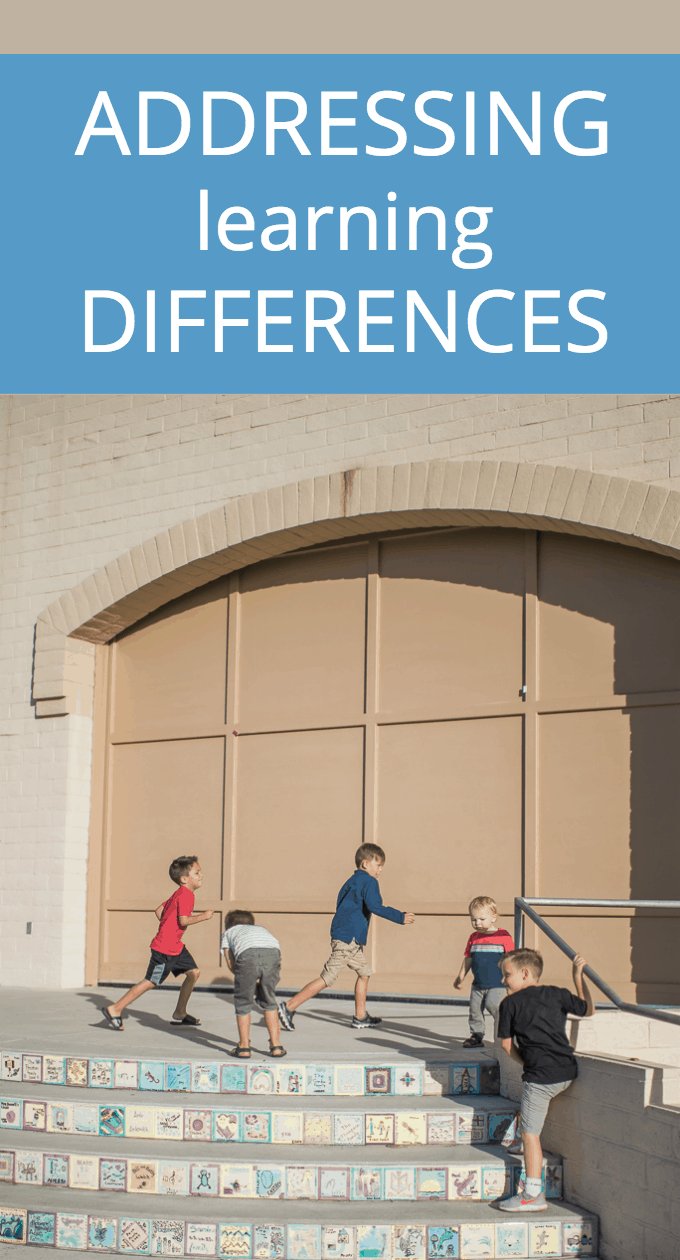
This blog isn't the place to go into depth about any of my kids' individual struggles or triumphs. When it comes to learning differences, there can be a wide array of experiences that fall within the range of “normal.” I believe the value here is in discussing the BIG themes and steps that can help other families, as opposed to individual nuances within our household. In this case, our takeaway was clear: addressing learning differences at a young age was critical for my son's success in his early elementary years.
It's been a bit of a rollercoaster, but he is now excelling in 2nd grade, having really dug into his personal interests and found a learning style that serves his needs. Our accredited partner KinderCare has been with us every step of the way, encouraging us and supporting our choice for high-quality early education with evidence-based approaches.
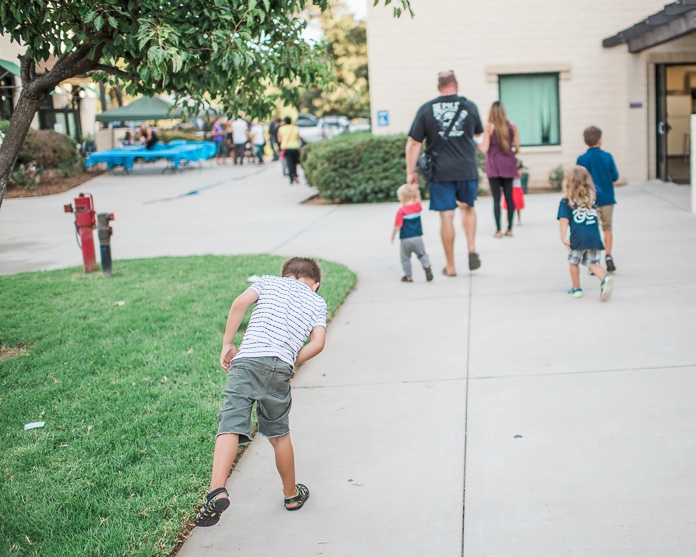
Our whole family just got home from “back to school night,” which always makes me laugh a little bit. We don't go “back to school.” Our family doesn't ever really leave school, as we do a year-round modified program that has our oldest two enrolled in the local elementary but also doing a ton of independent study as well as some tutoring and homeschool guided by a dedicated educational advisor.
The big celebratory bashes aren't my oldest son's style, but we go for the benefit of our other kids. We have the confidence to do what works for us, because we've had strong advocates by our side.
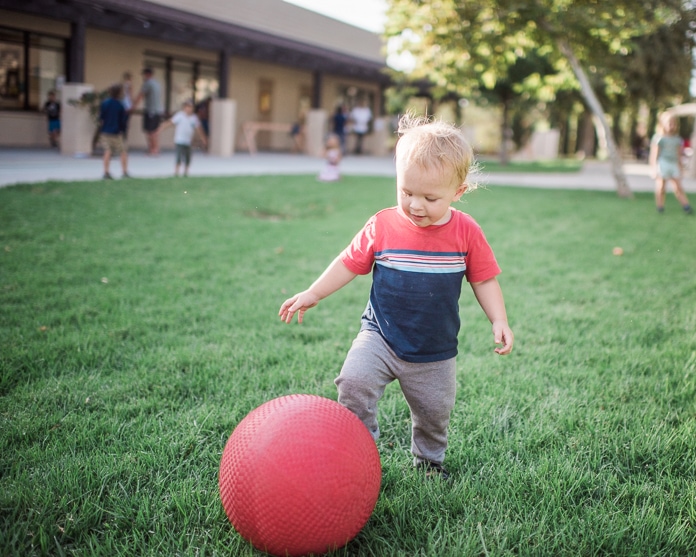
I got to chat with KinderCare Legacy Teacher Ann Fisher the other day about how she starts way, way at the beginning as an infant teacher. She said that she makes a point to interact at eye level and chat with the babies all day long, from diapering to changing, feeding and tummy time, and she adjusts their environment according to individual needs even when they're developing on drastically different timelines.
She also encourages parents to provide extra, personalized care and stimulation at home based on where each child is at with their own learning process. “I know their heartbeat,” she said. “It’s so rewarding to come to work every day and love on these kids and nurture them into little people. This is our future.”
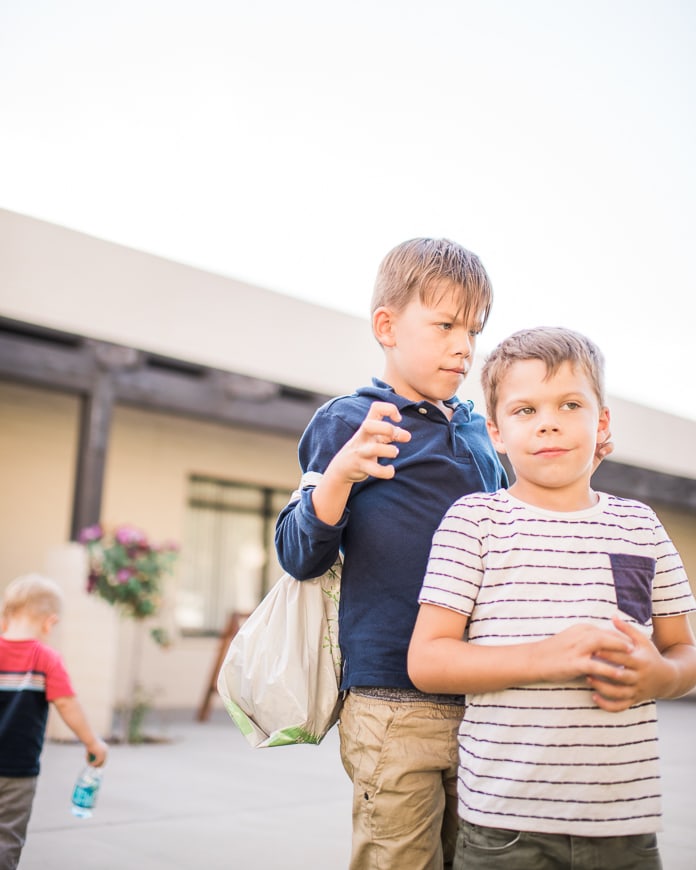
I am so thankful that we had our oldest in a learning center for preschool, so that he could be recognized earlier and in a more individual setting than if he had gone straight to elementary school. All of my other kids have followed suit, each going to the exact same building with the same teachers and each being taught in dramatically different, personalized manners to emphasize skills like creativity, collaboration, and critical-thinking and executive
function skills like mental flexibility, perseverance, and focus.
Focusing on that criteria works. KinderCare kids enrolled in the center's kindergarten programs test at first-grade levels in math and reading. As we're already seeing in our family, that can dramatically impact child confidence and have ripple effects on their later school years.
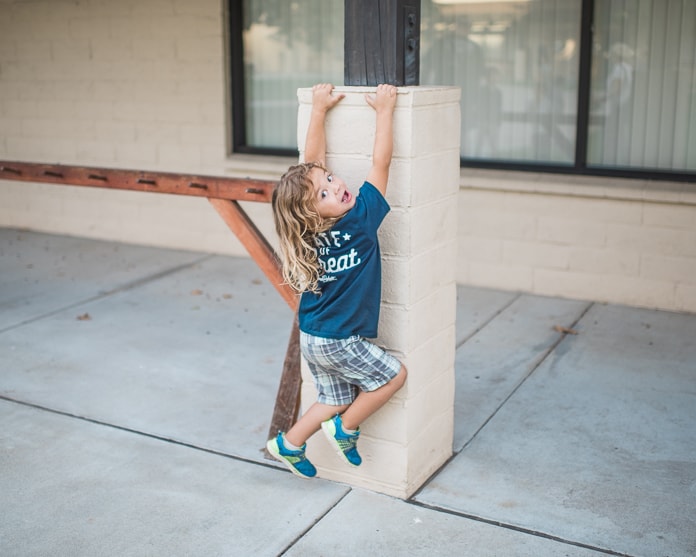
The world is shifting dramatically, and so is our understanding of child development. One thing that has stood clear throughout the ebbs and flows of family life is that getting kids into a learning center at a young age has nothing but upsides. As a mom of four, that's always my biggest piece of advice for young parents who ask for advice.
Get your kid in a learning center. You are an amazing parent, but it can't hurt to let your children also have access to experts who will foster their creativity and nurture their unique abilities with a trained eye and the latest in developmental guidelines. 70% of brain development happens in the first three years of life, so that's a huge opportunity to learn about your child and guide their focus so they can be their most confident, enthusiastic selves when it's time to learn!
Have you noticed learning differences in your kids? Are you planning to put them into a learning center at a young age?